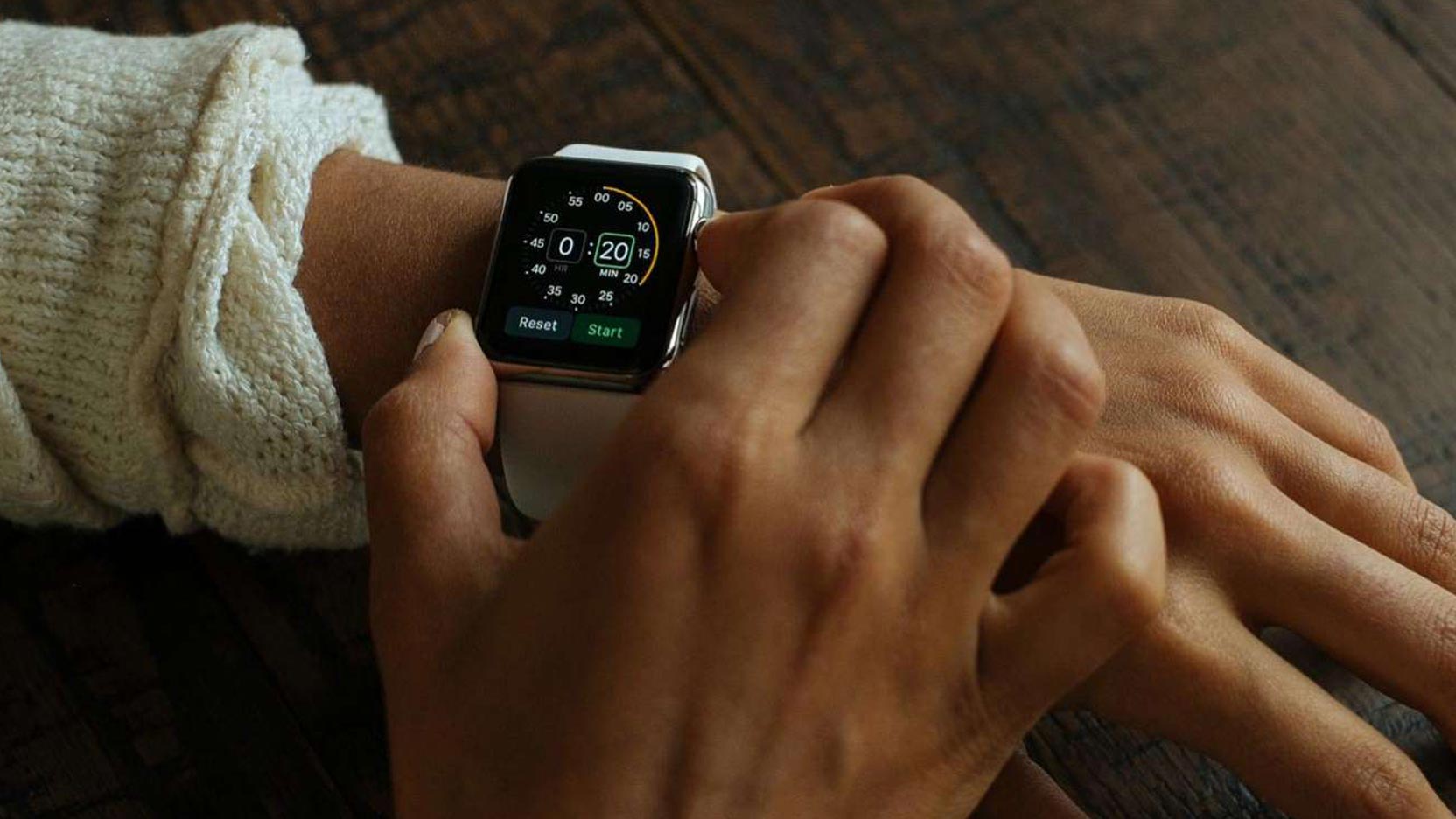At a time when companies are increasingly looking after their teams’ well-being, connected objects are being introduced in the workplace to support and improve workers’ health. To combat stress, physical inactivity and poor posture at the job, the office of the future will be connected and tuned in at last to employees’ bodies!
The smart bracelet has reached the office: the French start-up Withings, founded in 2008 by telecom engineers, is now marketing unobtrusive, soberly designed smart watches and bracelets to companies. These connected objects record data such as the number of steps the wearer takes, how many minutes they are active, the distance they cover, or the number of calories they burn each day. The devices give office workers an effective incentive to get up and move around to meet up with colleagues rather than spend the whole day behind their computer screens. Outside the office, these waterproof devices are suitable for all kinds of exercise. Users can look up all the data collected via Health Mate, an intuitive application and Web portal.
Some American companies are already providing their employees with this type of tool. In 2013, Yahoo gave out Jawbone UP fitness tracker bands to 11,000 of its employees. This discreet, futuristic-looking bracelet comes in bright or dark colours and has no screen. Like the Withings bands, it tracks its wearer’s fitness and physical activity by recording, for example, the number of calories they burn, periods of strenuous exercise and the amount of sleep they get. BP and eBay have followed Yahoo’s lead and equipped their employees with fitness bands. It remains to be seen if and when French companies give in to the temptation.
Employee health is at the heart of the company’s preoccupations! The Vigisanté platform is part of the drive to promote health at the workplace. Devised by Malakoff Médéric and coordinated by a team of physicians and specialists, this innovative programme offers employees personalized coaching and monitoring via a dedicated application and internet site. It helps them manage sleep, stress, back pain, nutrition and other issues in order to stay healthy while preventing illness and job stress.
Down with sedentary behaviour! Prolonged sitting at the office is now believed to be one of the scourges of the century. To combat its harmful effects, the Californian startup Darma launched a fund-raising campaign in 2014 to produce a smart cushion designed for the office chair, which can detect the user’s stress and poor posture. The black micro-mattress is fitted with various sensors that deliver personalized advice in real time, via a mobile application, to help the user avoid back pain and aching muscles.
If the smart cushion fails to win you over, try the Axia Smart Chair, a connected chair that coaches the user in good posture at the workplace. Equipped with a retractable case and several sensors under the seat, this smart chair emits a slight vibration to indicate if you have been sitting too long or if your posture is poor. It is marketed by the Dutch company BMA Ergonomics and is combined with a mobile application that records the user’s improvements and performance. Back pain at the office will soon be a thing of the past.
By Usbek & Rica
Crédits header : CC0 Crew Unsplash



